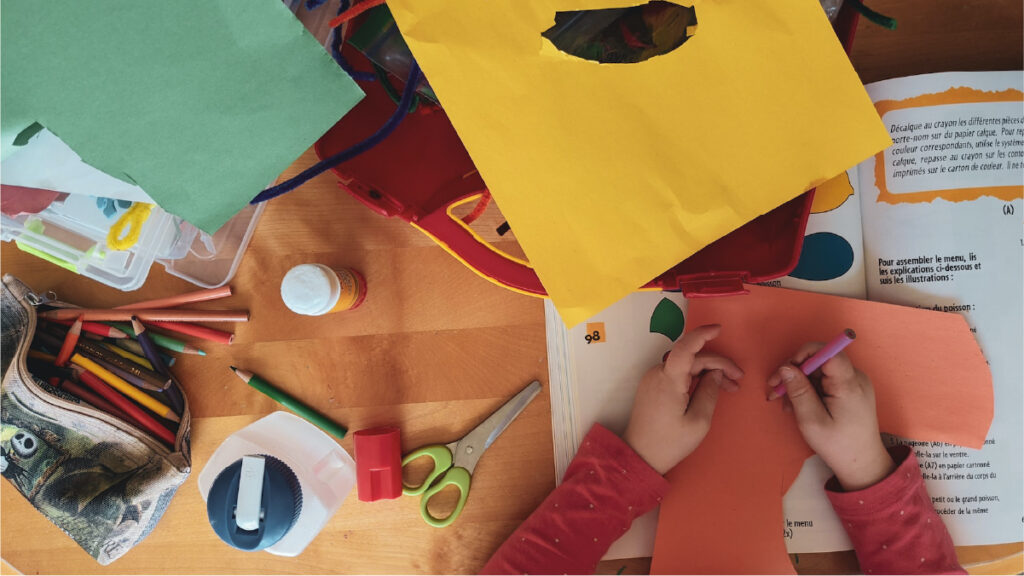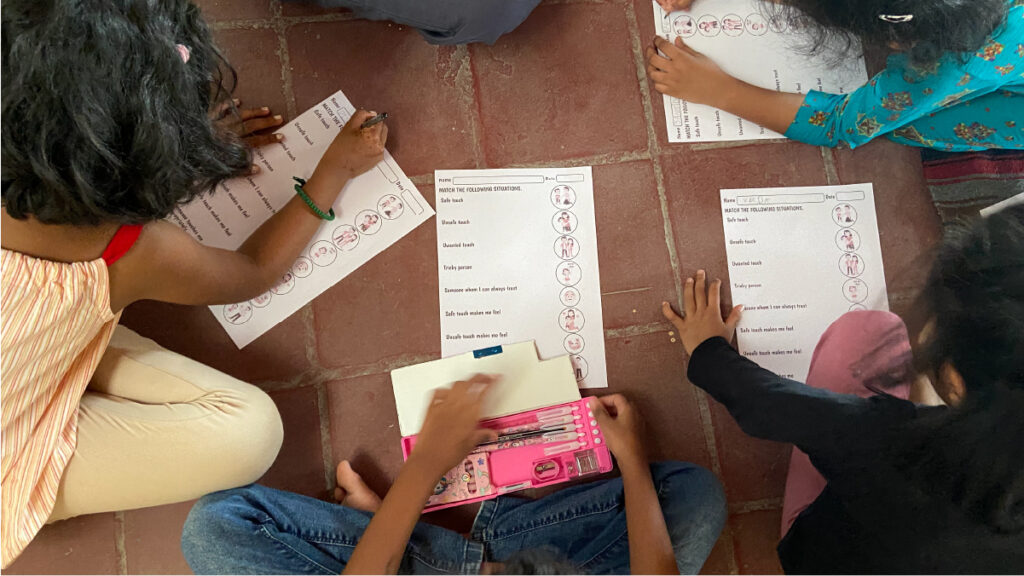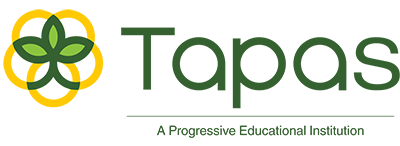You can build a learning environment that encourages student participation and 21st-century skill development beyond rote memorisation by using the differentiated learning strategies and five components of PBL designated by the Tapas School.
Teachers engage students in learning via project-based learning. Students will be immersed in a project requiring them to research, analyse, and ultimately conclude on a real-world issue or subject for anything from a week to an entire semester. They put their knowledge and abilities to the test by giving a presentation in front of an actual audience.
This leads to pupils becoming more well-rounded individuals with enhanced capacities for analysis, evaluation, innovation, and discourse. Students and teachers at Tapas School are given the freedom to express their creativity via project-based learning.
A project-based learning curriculum aims to have students acquire knowledge and skills. At the same time, they work to investigate and adapt to a real-world, relevant, and complex subject, problem, or challenge.

Content Knowledge & Skills
Compared to traditional classroom-based learning, project-based learning fosters a deeper comprehension of ideas and increases student creativity. Integrating a PBL unit’s content into students’ needs and expectations for understanding is one of the most critical aspects of building a project-based learning curriculum. Teachers must develop the connection between student participation and standards-based content by consciously designing and preparing lessons.
Teachers must first and foremost be aware of the passions and interests of their students. Students can be motivated to work harder if they feel their efforts are being oriented toward something they value, whether a school-related problem, the preservation of a personal ideology, a serious social issue, or a personal challenge.
Authenticity & Relevance
Students that take part in high-quality PBL acquire abilities, procedures, and outcomes that are well-matched for the challenges of the twenty-first century.
Despite this, students will only participate in even the most sophisticated, diversified, and open-ended projects if they are interested in them. As a result, authenticity is crucial to PBL. PBL means that students are involved in work that directly affects or is used in the real world or work that is authentic to them and true to their life.
Real-world issues are challenging. Problems are seldom resolved in the actual world by taking one particular route to one particular outcome. Instead, dealing with complicated problems often entails identifying and resolving a range of smaller ones.
This authentic approach to problem-solving should be reflected in a project-based curriculum.
With an emphasis on assisting student hypothesis testing and creation, teachers can promote this sort of authenticity. The majority of the time, when it comes to research, problem-solving, and decision-making, students should be in the lead.
This focus on authenticity must be maintained throughout the PBL process, from planning to the final outcome. Students will only benefit effectively from project-based learning with it. The motivating element behind the PBL experience is the realism ingrained in the initial hook.
Student Voice & Choice
By giving students a say in their learning, teachers can reduce the number of “dessert projects” that occur after the educational process. A “dessert” project is a unique treat since it gives the student an enjoyable or creative challenge assigned by teachers. When students are involved in their work, they start to show it. Students will have more opportunities to learn throughout the project if they are given the freedom to express their opinions, get feedback, and experiment than if they wait until the end to demonstrate their learning. Voice and choice are among the differentiated learning strategies to foster experimentation, culminating in more creative solutions aimed at students and a more polished final result. Through trial and error, students gain self-assurance and competence and learn valuable “soft skills”, including conversation, teamwork, and oral and written communication.
Collaboration
Even though it is a crucial component of the project-based curriculum, collaboration is often downplayed when discussing the advantages of project-based learning.
Students can benefit from one another’s achievements by working together. This is similar to the encouragement and shared accomplishment that members of a sports team experience. Allowing children to participate in a more significant objective boosts confidence and fosters long-lasting connections. Working together to accomplish this is a terrific feeling. The same is possible in the classroom as well. Students can bond with one another and participate in the success of a presentation when they collaborate to make it happen.
Feedback & Revision
Soliciting feedback from classmates, teachers, or other grownups can help you get different viewpoints that could help you deal with a problem or discover an undiscovered opportunity. Since it is not a regular practice in traditional classrooms, giving and getting feedback can be difficult for many students. As a result, we advise outlining and modeling productive feedback, primarily feedback that is kind, detailed, and useful. Fortunately, a broad range of approaches and differentiated learning strategies supports a safe place for fair criticism of a student’s work.
At Tapas School, students need clear guidelines to demonstrate their understanding and to complete the work they set out to do. We ensure to review the project’s goals with students and discuss whether or not their progress is on track to meet set goals.
Final Thoughts

What does education entail? What circumstances lead to the most profound and most effective learning? Most of us learn best by doing, analysing, reflecting, and iterating. The fundamental elements of what we love most about education are placed front and centre in our formal learning settings via PBL.
Students in a project-based learning setting develop the skills necessary to succeed individually and collectively as a part of a community that includes high achievers, followers, and learners. Since learning happens naturally in the “real world,” the project-based curriculum at Tapas School helps students prepare for it. The teachers of Tapas School are skilled in their subjects, classroom management, instructional techniques, and student development. These domains of expertise enable them to provide engaging, intriguing courses pertinent to their students!

